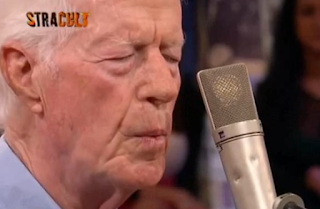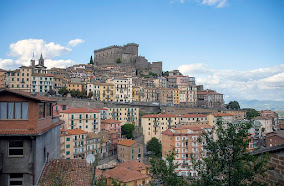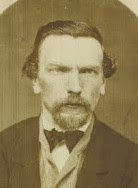Versatile musician became famous for his haunting whistle
 |
| Alessandro Alessandroni's whistling was a feature of several Morricone soundtracks |
As a child he was a friend of Ennio Morricone and the two of them went on to collaborate on many soundtracks for Spaghetti Western films.
Alessandroni also founded the 16-member vocal group I Cantori Moderni (The Modern Choristers) in 1961. His first wife, the singer Giulia De Mutiis, was a member of the group, who performed wordless vocals on many Italian film soundtracks, as was Edda Dell’Orso, whose exceptional voice also featured in Morricone’s scores.
Most notably, I Cantori Moderni sang Mah Na Mah Na for the film Sweden Heaven and Hell, a song which was later popularised by The Muppet Show.
Alessandroni learnt to play the guitar, mandolin, mandoloncello, sitar, accordion and piano. His family barbershop in Soriano nel Cimino became a favourite gathering place for local musical talent. He says of this time: ‘We had a guitar, mandolin and a mandola. We didn’t do much business but we made a lot of music.’
Alessandroni immersed himself in the musical folk tradition of his native Lazio region. He bought his first mandolin at the age of 13 and then started to listen to classical music.
 |
| Alessandroni's guitar playing was central to the theme of The Good, the Bad and the Ugly |
In his last years at school he formed a band and played at Saturday night dances. He also learnt to play the accordion, guitar and bass tuba, before discovering jazz and the tenor sax.
By chance Alessandro discovered he had an extraordinary capacity for whistling, which he later incorporated into his musical performances.
Ennio Morricone invited Alessandroni to collaborate with him on the score for A Fistful of Dollars and his distinctive haunting whistle was used in the theme tune and later became a feature of the soundtracks for a number of westerns.
Alessandroni has been internationally acclaimed for his contribution to music for the Italian film industry and especially to the scores for the westerns of Sergio Leone.
Although he became a virtuoso player of saxophone, sitar, accordion and keyboard, his favourite instrument was always the guitar. His guitar playing was central to the main theme for The Good, the Bad and the Ugly.
He had the ability to integrate musical influences from all over the world seamlessly into his compositions, arrangements and performances.
Alessandroni continued to compose and perform until 2017. He died after a short illness a week after his 92nd birthday at his home in Swakopmund, in Namibia, where he had gone to live with his second wife in 2009.
 |
| The Orsini Castle looks down over the town of Soriano nel Cimino, where Alessandroni grew up |
Soriano nel Cimino, where Alessandro Alessandroni grew up, is a town in the province of Viterbo in Lazio about 95km (59 miles) to the north of Rome. It sits in the Cimini mountains, surrounded by chestnut forests in the triangle where Lazio, Umbria and Tuscany meet. One of the main sights in the historic centre of the town is the Orsini Castle, built by Orso Orsini in the 13th century. Once the summer residence of Pope Nicholas III, Orsini’s uncle, it is now managed by Tuscia University.
Hotels in Soriano nel Cimino by Booking.com
 |
| The Piazza San Lorenzo in the ancient walled city of Viterbo in northern Lazio |
Travel tip:
The ancient walled city of Viterbo, about 20km (12 miles) from Soriano nel Cimino and 80km (50 miles) north of Rome, is one of the best preserved medieval cities in central Italy. Surrounded by walls built during the 11th and 12th centuries with access through ancient gates, the city is also notable for the number of profferli, external staircases, on buildings that remain intact. A main attraction is the Palazzo dei Papi, which hosted the papacy for 20 years during the 13th century, which is situated on Piazza San Lorenzo. Nearby is the Cattedrale di San Lorenzo, with a Gothic bell tower, frescoes and a 15th-century baptismal font.
Also on this day:
1844: Start of the Five Days of Milan uprising
1944: The last eruption of Mount Vesuvius
1945: The birth of singer Bobby Solo
(Soriano nel Cimino photo by FeaturedPics; Viterbo by Claudio Caravano via Wikimedia Commons)























